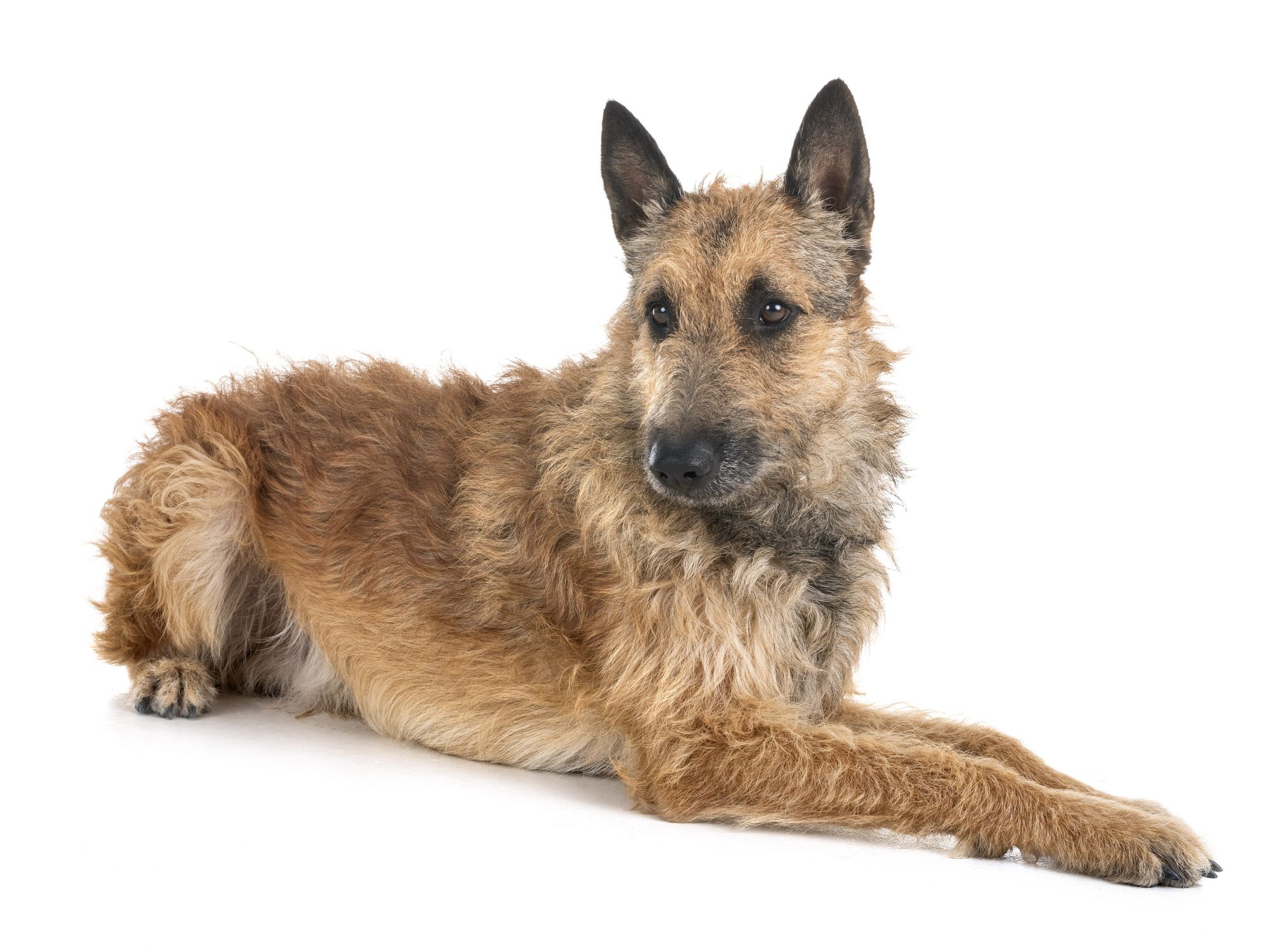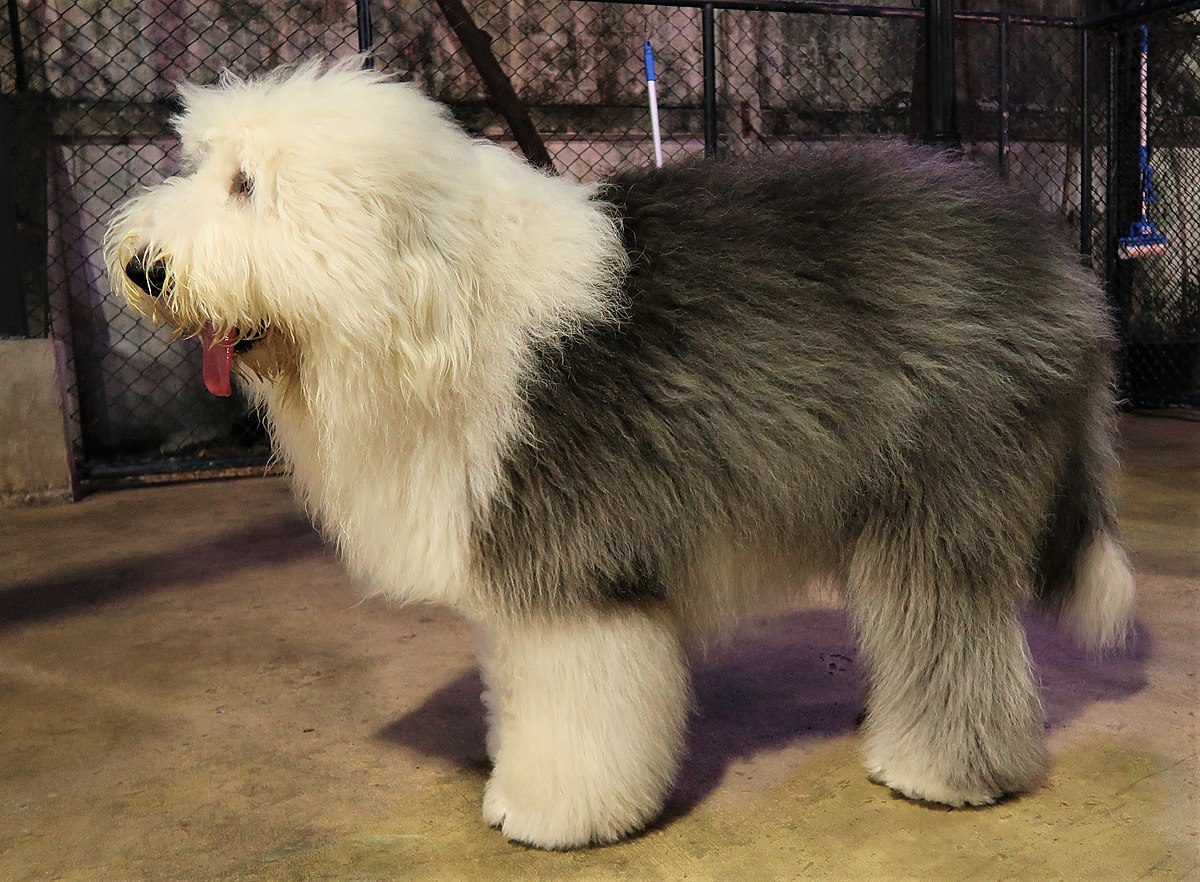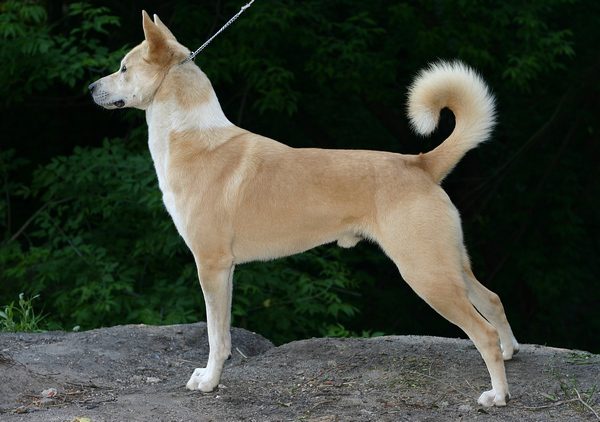Key Takeaways:
- The Icelandic Sheepdog is a small to medium-sized dog breed known for its friendly and outgoing nature.
- They are intelligent and eager to please, making them easy to train and suitable for various activities such as obedience, agility, and herding.
- Icelandic Sheepdogs have a thick double coat that requires regular brushing to prevent matting and keep their fur healthy.
- Regular exercise is essential for this breed to prevent boredom and ensure their physical and mental well-being.
- Due to their herding instincts, Icelandic Sheepdogs may try to herd children or other pets in the household, so early socialization is crucial.
Are you a dog lover searching for the perfect furry companion? Look no further than the Icelandic Sheepdog! This delightful breed is not only adorable but also comes with a range of amazing characteristics and care requirements. By exploring this topic, you'll uncover the secrets to providing optimal care for your Icelandic Sheepdog, ensuring their health, happiness, and overall well-being. Understanding the ins and outs of this breed is essential for any dog owner looking to forge a strong bond with their four-legged friend. So, let's dive into the world of Icelandic Sheepdogs and discover why they are truly one-of-a-kind!
Unique Characteristics of the Icelandic Sheepdog Breed
The Icelandic Sheepdog is a small to medium-sized dog known for its friendly and outgoing nature. They have a thick double coat that helps them withstand harsh weather conditions, making them well-suited for their native Iceland. One unique characteristic of this breed is their curled tail, which gives them a distinctive appearance.
Icelandic Sheepdogs are intelligent and alert, making them excellent watchdogs. They are also known for their strong herding instincts, as they were originally bred to work with sheep in Iceland. This means that they may try to herd other animals or even children in the household.
Icelandic Sheepdogs and Their Behavior with Children and Other Pets
Icelandic Sheepdogs are generally good with children and can form strong bonds with them. They are patient and gentle, making them suitable companions for families with kids. However, it's important to supervise interactions between young children and dogs to ensure safety for both parties.
When it comes to other pets, Icelandic Sheepdogs can get along well with other dogs if properly socialized from a young age. However, due to their herding instincts, they may try to chase smaller animals such as cats or rabbits. Early socialization and training can help minimize any potential issues.
Exercise Needs for a Healthy and Happy Icelandic Sheepdog
Icelandic Sheepdogs are an active breed that requires regular exercise to stay happy and healthy. Daily walks or runs are essential to keep them physically fit. They also enjoy participating in various activities such as agility training or playing fetch.
In addition to physical exercise, mental stimulation is equally important for Icelandic Sheepdogs. Interactive toys or puzzle games can help keep their minds engaged and prevent boredom-related behaviors like excessive barking or chewing.
Grooming Tips for Icelandic Sheepdogs: How Often and What Special Care?
The Icelandic Sheepdog has a medium-length double coat that requires regular grooming to keep it in good condition. Brushing their coat at least once or twice a week helps prevent matting and removes loose hair. During shedding seasons, more frequent brushing may be necessary.
It's also important to pay attention to the ears and nails of Icelandic Sheepdogs. Cleaning their ears regularly helps prevent ear infections, while trimming their nails every few weeks keeps them from becoming too long and causing discomfort.
Training Icelandic Sheepdogs: Are They Easy to Train? Effective Methods?
Icelandic Sheepdogs are intelligent and eager to please, which makes them relatively easy to train. Positive reinforcement methods, such as using treats or praise, work well with this breed. They respond best to consistent training sessions that are short and focused.
Socialization is an important aspect of training for Icelandic Sheepdogs. Exposing them to different people, animals, and environments from a young age helps ensure they grow up to be well-rounded dogs. Training classes or working with a professional dog trainer can be beneficial for both the dog and the owner.
Health Concerns and Genetic Predispositions in Icelandic Sheepdogs
Like all dog breeds, Icelandic Sheepdogs can be prone to certain health issues. Some common concerns include hip dysplasia, which is an abnormal formation of the hip joint that can lead to arthritis; progressive retinal atrophy (PRA), a degenerative eye disease that can cause vision loss; and allergies.
To minimize the risk of these health problems, it's important to choose a reputable breeder who conducts health screenings on their breeding dogs. Regular veterinary check-ups and maintaining a healthy diet and exercise routine can also contribute to the overall well-being of Icelandic Sheepdogs.
Suitable Home Environment for an Icelandic Sheepdog's Needs
Icelandic Sheepdogs are adaptable and can live in various types of homes, including apartments or houses with yards. However, they do require regular exercise and mental stimulation, so access to outdoor space where they can run and play is beneficial.
Since Icelandic Sheepdogs are social animals, they thrive in homes where they receive plenty of attention and companionship from their owners. They may not do well if left alone for long periods, as they can become bored or anxious. It's important to provide them with enough mental and physical stimulation to prevent any behavioral issues.
In conclusion, the Icelandic Sheepdog is a friendly and intelligent dog breed that requires regular exercise and mental stimulation. With proper care and training, this breed can make a loving and loyal companion for families or individuals.
Are Icelandic Sheepdogs high maintenance?
Icelandic sheepdogs require regular daily exercise and mental stimulation. Grooming them is fairly simple. They are usually receptive to training, so it is best to start their training at a young age.
Are Icelandic Sheepdogs good pets?
Icelandic Sheepdogs are recognized for their sociable and extroverted temperament. They are generally very loving towards their families and have a positive relationship with children and other animals. Their natural herding instincts make them attentive and protective, which makes them excellent companions and guard dogs for families.
Can Icelandic Sheepdogs be left alone?
For the Icelandic Sheepdog, it is important to have a regular exercise routine. It is not recommended to leave the dog alone for extended periods of time as this may lead to anxiety problems.
Do Icelandic Sheepdogs like to cuddle?
Even though Icelandic Sheepdogs are known for their energetic nature and enjoyment of outdoor activities, their first priority is being with their family. As long as they receive sufficient mental and physical stimulation, they will relax once indoors and happily rest at your feet, or even snuggle with you whenever they get the chance.
Can sheepdogs be aggressive?
The males of this species can have a tendency to be aggressive towards other dogs.
Do Icelandic sheepdogs bark a lot?
Based on our observations, Icelandic Sheepdogs tend to only bark when they are at home and feel the need to protect their territory. It is rare for them to bark when they are away from their house.

















